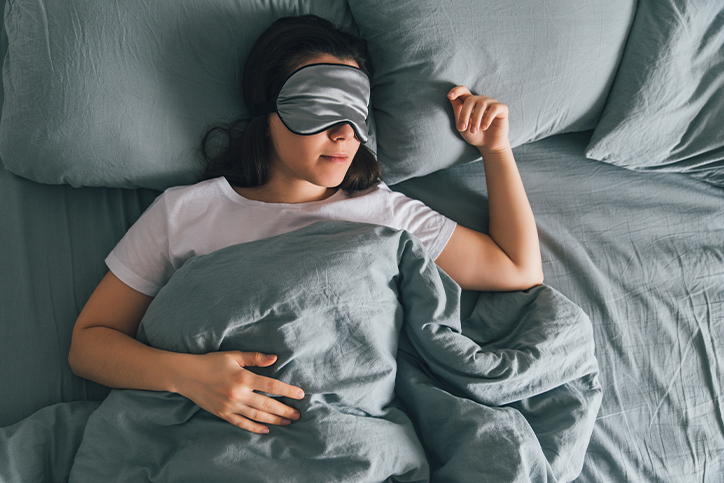Snoring is a common problem that affects millions of people worldwide. While snoring may seem harmless, it can actually be a sign of a more serious condition known as sleep apnea. Sleep apnea is a sleep disorder that causes interrupted breathing during sleep. In this article, we will discuss the link between sleep apnea and snoring and what you need to know.
Understanding Sleep Apnea
Sleep apnea is a condition that causes interrupted breathing during sleep. This occurs because the muscles in the back of the throat relax and block the airway. This blockage can cause you to stop breathing for several seconds, which can lead to a drop in oxygen levels in the body.
There are two types of sleep apnea: obstructive sleep apnea (OSA) and central sleep apnea (CSA). OSA is the most common type of sleep apnea and occurs when the airway is blocked by the muscles in the back of the throat. CSA is a less common type of sleep apnea and occurs when the brain fails to send the proper signals to the muscles that control breathing.
The Relationship Between Sleep Apnea and Snoring
Snoring is a common symptom of sleep apnea. When the airway is partially blocked, the air passing through it causes the tissues in the back of the throat to vibrate, resulting in snoring. In fact, about 90% of people with sleep apnea snore.
While snoring is a common symptom of sleep apnea, not all snorers have sleep apnea. However, if you snore loudly and frequently, it may be a sign that you have sleep apnea and should be evaluated by a medical professional.
The Risks of Untreated Sleep Apnea
Untreated sleep apnea can have serious health consequences. It can lead to high blood pressure, heart disease, stroke, and diabetes. In addition, it can cause excessive daytime sleepiness, which can lead to accidents and decreased productivity.
Treating Sleep Apnea
The good news is that sleep apnea is treatable. There are several treatment options available, including lifestyle changes, oral appliances, continuous positive airway pressure (CPAP) machines, and surgery.
Lifestyle changes, such as losing weight, avoiding alcohol and sleeping on your side, can help improve symptoms of sleep apnea. Oral appliances, such as mouthguards and mandibular advancement devices, can also help keep the airway open during sleep.
CPAP machines are the most effective treatment for sleep apnea. These machines deliver a continuous stream of air through a mask to keep the airway open. Surgery may be an option for severe cases of sleep apnea.
If you suspect you or a loved one may have sleep apnea, don’t wait to seek help. The risks of untreated sleep apnea are serious, but the condition is treatable. Contact Greater Knoxville ENT at (865) 244-4396 to schedule an appointment with one of our sleep specialists. Our team will work with you to find the best treatment plan to improve your sleep and overall health. Don’t let sleep apnea keep you from living your best life – call us today.

